Get certified as a trauma coach in four months
Learn tools to work safely and effectively with clients around trauma
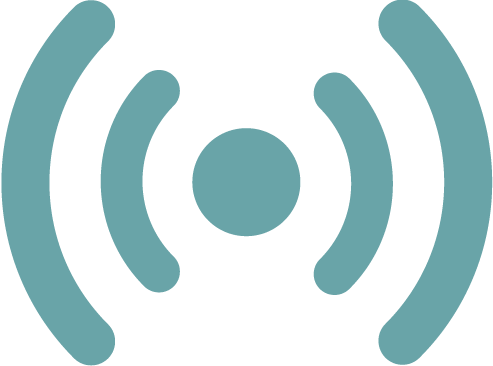
LIVE training
Webinars at 6pm UK time Wed + peer groups
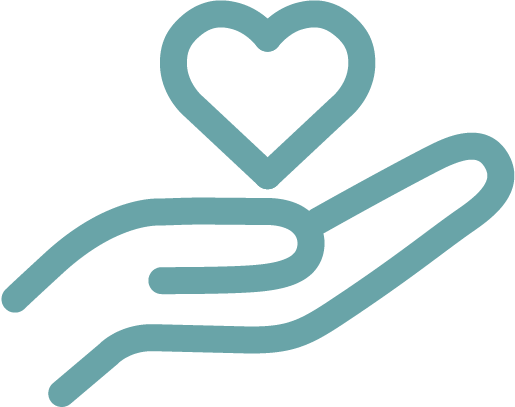
Hopeful, embodied and human perspective on trauma
+ a real-life project to make a difference
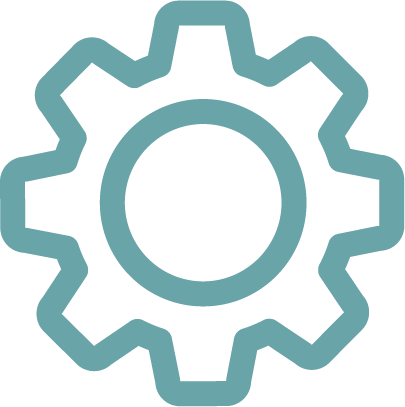
Practical, science-based somatic tools to help people
(and do no damage)
Scared to touch trauma because you’re not a therapist?
Fair enough. It’s good to have a healthy respect for the subject. It’s big, and our collective understanding of it is still evolving.
BUT… as we come to realise that MOST (if not all) of us have it to some degree, ignoring it completely in coaching is likely holding you and your clients back from the range of growth and results available to you.
There IS a safe zone you can work in around trauma as a facilitator with many (not all) clients, but very few facilitators know what that is.
Deepening your trauma education from an embodied, science-based perspective and learning the somatic tools you need will allow you to confidently find this zone and access this deeper layer of work.
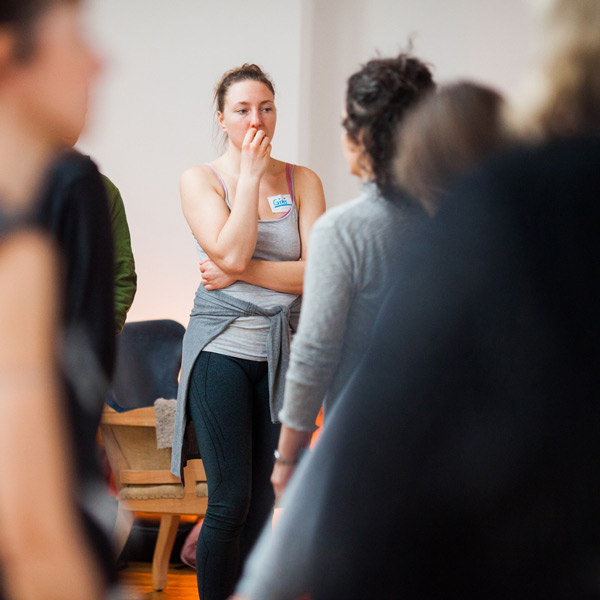
Want to work with trauma as a coach?
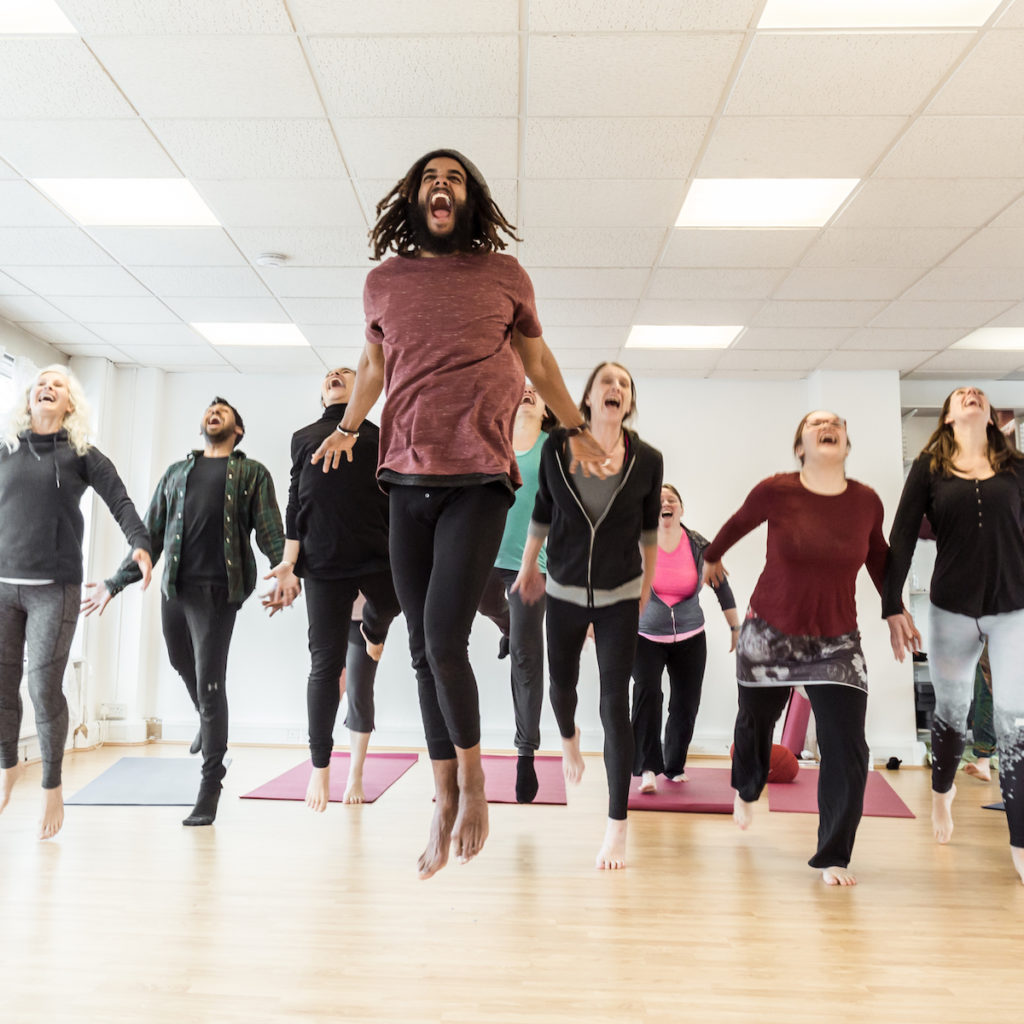
This training will equip you to support others with their trauma. You will build on the trauma-awareness skills you learnt on CEC (or equivalent other trainings) to make a real difference with clients’ trauma.
On the first part of the course, you explore your own trauma (we all have at least some). You’ll then discover a framework to understand what clients would be suitable for you to work with (and which to refer), before learning some simple, practical tools to address trauma safely and effectively.
Through this radical new education model which reframes trauma from pathology to learning, you’ll develop the skills to coach on trauma within the appropriate boundaries.
Care about making a positive impact in the world?
As great as the learning on this course is, it won’t be “real” unless it’s actually APPLIED in the world. You know, making a f***ing difference.
So, you’ll be supported during this training to develop a practical project. You can decide who it helps, and how big it is, but it will be a requirement to get certified.
You could educate abused women about trauma, join me in Ukraine, offer trauma first-aid to a group you care about… It doesn’t matter what, but you must DO SOMETHING.
So, along with the trauma coach training, there’ll be “making good s*** happen” sessions in project management, fundraising, staffing, etc.
Are you up for that?
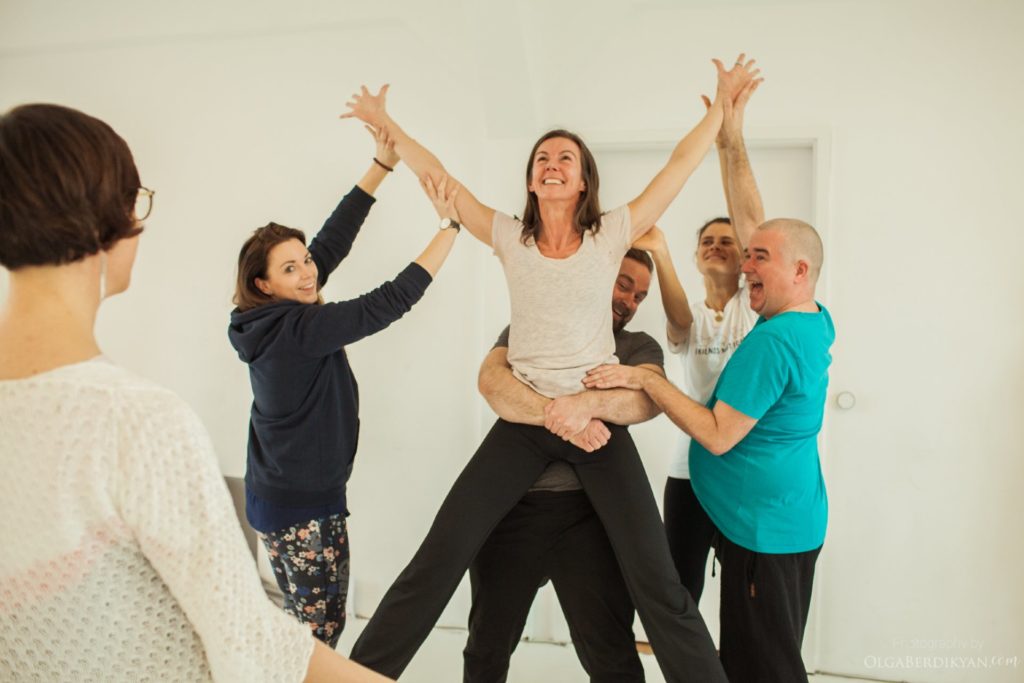

Presents
Trauma Coaching Certification
4-month trauma tools and empowerment training with Mark Walsh
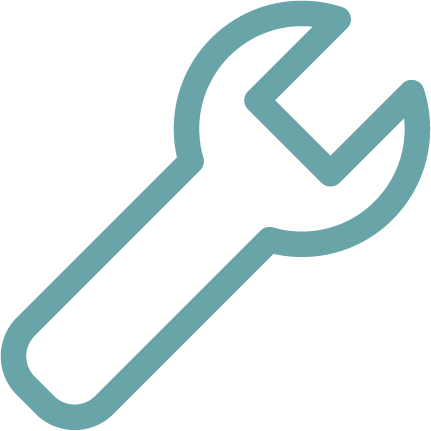
Practical tools
& techniques
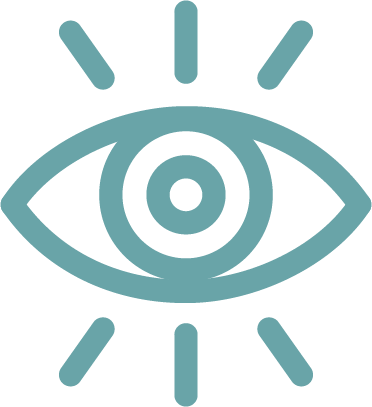
Experiential
learning
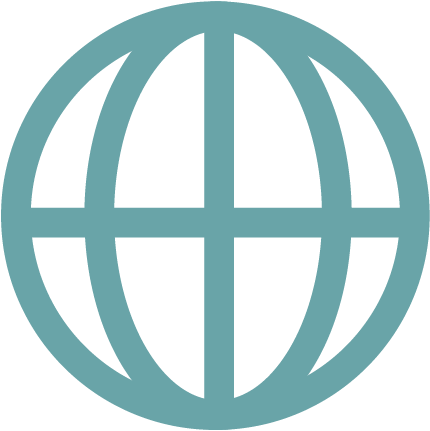
Supportive
global community
Trauma Coaching is your doorway into moving from okay to great in trauma healing – both for yourself and your clients.
You’ll add a layer of science-based embodied depth to your trauma education, and begin working with our new (hopeful) trauma paradigm. This approach gives trauma the respect it deserves with clients, and teaches you when it is (and isn’t) okay to work with a client around trauma (plus what to do when it isn’t).
You’ll also practise teaching basic trauma education to your peers and coach them using embodied tools. That means you’ll also receive trauma coaching in return.
And, of course, there’ll be the practical project, so that upon certification, you’ll be ready to use what you’ve learned with your clients. Your results with clients will soar as you improve their lives without worry of harming them.

Uncover your unique coaching superpowers
Transform the worst things that have happened to you into your greatest gifts for helping yourself and others.
As you move beyond your own trauma, you’ll understand your clients' responses more, allowing you to take what you do to the next level.
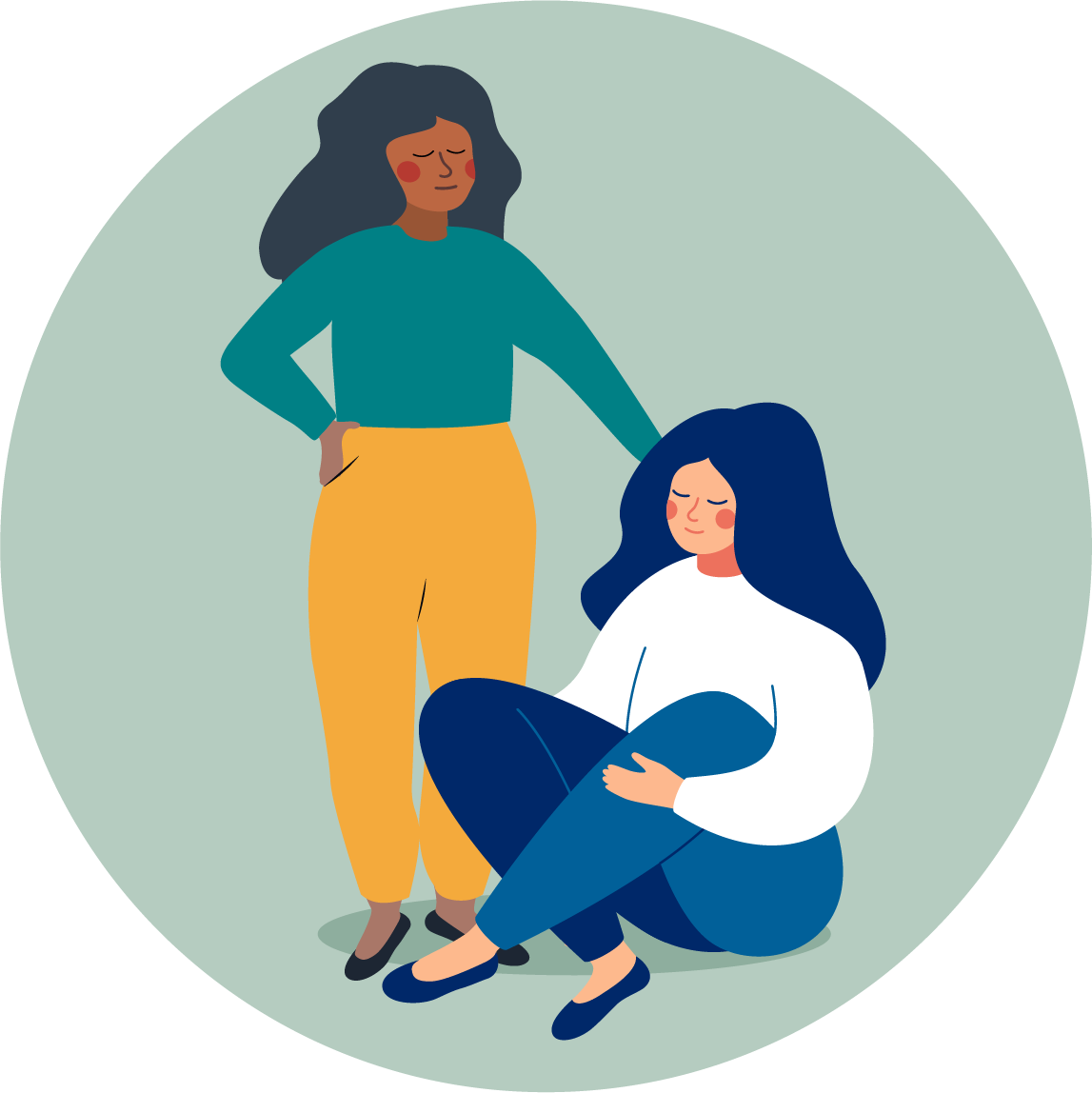
Be a part of the new embodied trauma paradigm
Learn the theory behind our new, hopeful paradigm.
You'll help more people to learn that it’s not their fault, but it is their responsibility. This empowers them to create the life they are capable of instead of seeing themselves as broken.

Get science-based coaching approaches
Add a solid understanding and practice of boundaries and psycho-education to what you already know.
Adding these specific science-based approaches to your toolkit will ensure that you’re doing no harm around trauma with clients.
A typical week on the course
There will be three main parts to the course: live webinars, practice peer groups and project-work (with additional self-care).
Live webinars will be on Wednesdays at 6pm UK time (10am PST), starting from March 15. They’ll be recorded, but attending a certain number live will be required for graduation.
Once you graduate you will be given a certificate as evidence of you graduating the course
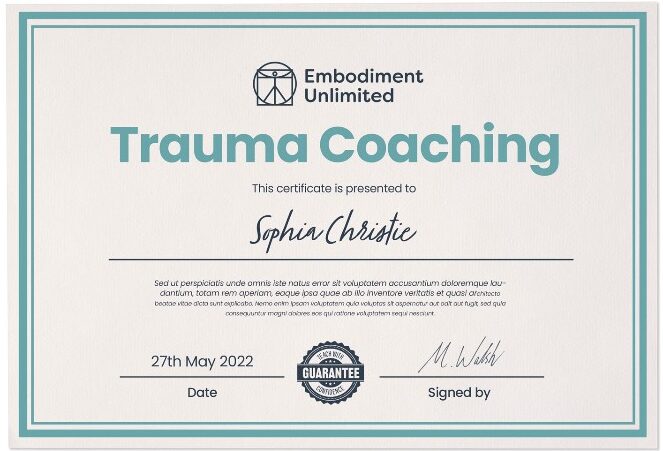
If you’re a facilitator who wants to…

Specialise in and work more safely with trauma

Add trauma-related coaching tools to your toolbox

Work at an embodied level with your own trauma

Be a better movement or yoga teacher
and you have some background in trauma… then this certification may be a good fit.
What you’ll learn...
- Our new trauma paradigm
- How to safely coach around trauma
- When it’s ok to work with a client around this and when you need to refer them
- A full set of science-based, somatic coaching tools to use with clients
- A deep understanding of the link between somatics and psycho-education
- How to reframe trauma as your facilitation superpower
You’ll also…
- Add a layer of depth to your current trauma education
- Be able to give your clients a basic trauma education
- Enhance your current coaching tools
- Get certified as a trauma-aware facilitator

If you’re here, you’re likely already on your way to being a pretty good facilitator. If you asked me what’s the bridge between a good facilitator and a great one? It’s in-depth personal work.
Teachers who’ve done the work are generally the ones I respect and want to learn from. They can create a different kind of learning experience, and their teachings continue to resonate in so many different ways at various moments throughout your life.
Doing your most profound trauma work is a way to access this level of facilitating yourself, and this course is designed to learn the technical, objective things you need to know. Being a trauma-sensitive facilitator is a fundamental human and ethical perspective we all need to have now, but this course goes way beyond that."
Patricia Aguirre
Therapist & Course Director
Course leader
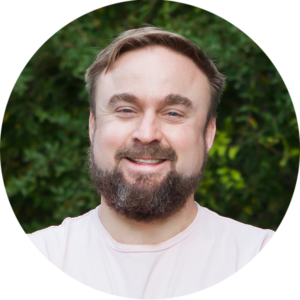
Mark Walsh
CEO & Founder, Embodiment Unlimited
Mark has worked in five war-zones, with street kids, the Russian LGBTQ+ community, with police, aid workers, three militaries and has been sober for 14 years. He was traumatized as f**k, but now does OK 🙂
With bonus support from...

Patricia Aguirre
Therapist, Family Constellations

David Treleaven
Trauma-Sensitive Mindfulness
What some of our students say about our trauma work

Choose your package
If you are NOT a CEC graduate or student, please contact support@embodimentunlimited.com to make sure that this training is a fit for you before enrolling.
You will need facilitation experience and some background in trauma education in order to complete the course.
Trauma Coaching Certification
REGISTRATION IS CURRENTLY CLOSED
4-month LIVE, online training
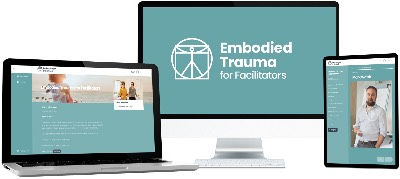
LIVE | Online | 4 months
Mar – July 2023
- Live weekly webinars
- Practice peer groups
- Personal practice
- Online platform to interact with peers
Normal price
$1499
Early-bird
$949
Embodiment University
1-year comprehensive training
All you need to step into a career as an embodied facilitator
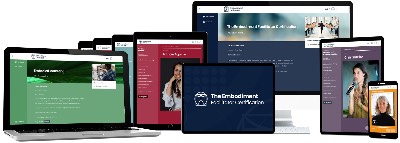
LIVE | Online | 1 year
- Two live certifications (worth $1500+)
- Twice-monthly live tutorials (worth $500)
- Monthly live coaching supervision (worth $500)
- Full Embodiment Conference library (worth $999)
- Access self-paced courses forever (worth $3000+)
-
BONUS 1-to-1 call with Mark (worth $500) - Embodiment Explorers package (worth $2000+)
Special price
$1999
Important notice:
- You need to be well-resourced emotionally and have some stability and robustness to do this course. There will be multiple wellbeing checks both before the course and during, and you may be asked to continue the course at a later time if you aren’t resourced enough.
- This is an exploration of a space between coaching and therapy. Some people may find it too delicate, complicated or may not want to go into it. Some might find it unethical to be looking at this subject without a full therapy qualification, others might prefer to do a therapy qualification or refer clients who have trauma to a therapist. If you fit into any of these categories, this course likely isn’t a good fit.
Still need extra support? Got a question about the course or not sure which package is for you?
Let us know: support@embodimentunlimited.com and we’ll see how we can help.
FAQs
Most of this course is live, but live sessions will be recorded and available on the learning platform for you to watch if you miss them.
It starts on March 15th and ends on July 26th.
You need to have completed CEC (The Certificate of Embodiment Coaching) OR have facilitation experience (with some trauma-awareness education) to be able to complete the course. You don’t need to be currently coaching or teaching, though.
You will need to watch all the sessions, attend your peer group sessions, complete a coursework journal and pass a graded coaching assessment to get certified.
Between 4 and 6 hours a week including homework and self-care.
The sessions will be recorded and uploaded to the learning platform / the Embodiment App, so you can watch them there. We recommend coming live as much as possible, though.
You’ll be able to get a refund up until before the second live session, after that it won’t be possible.
Being resourced and the ability to stay centered are requirements for the course, and as all trauma work, this course is likely to bring up some turbulence.
There will be personal assessments along the course, so you check in with yourself if life conditions have changed for you.
